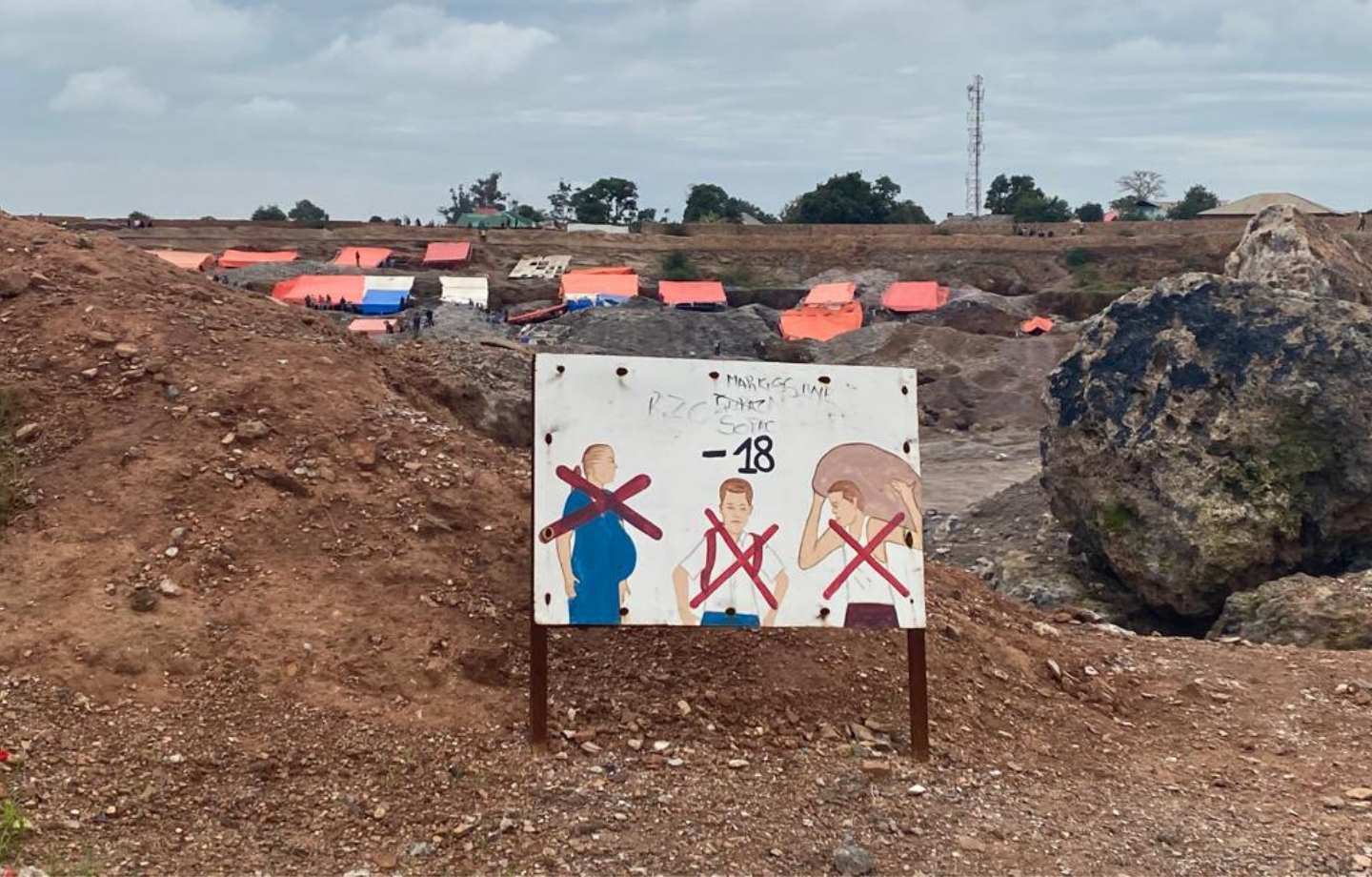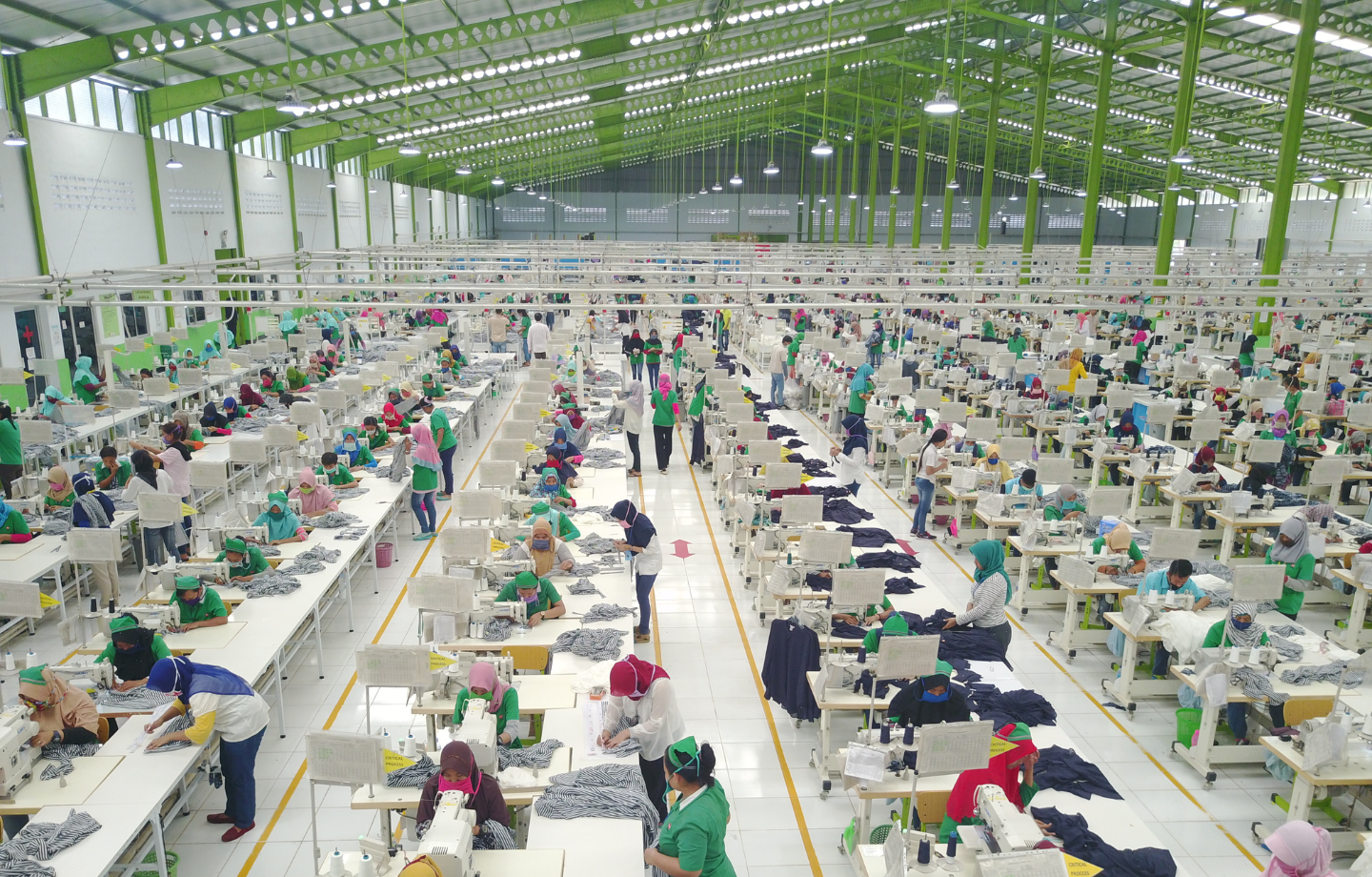Congress Can Fight Human Trafficking and Forced Labor

September 17, 2015
The United States Congress will soon consider a key piece of legislation for the global fight against human trafficking, forced labor, and the worst forms of child labor.
The Business Supply Chain Transparency on Trafficking and Slavery Act of 2015 (H.R.3226/S.1968), which was re-introduced to the House of Representatives on July 27, 2015 by Carolyn Maloney (D-NY) and Chris Smith (R-NJ,) would require large public and private corporations to report to the Securities and Exchange Commission (SEC) on steps they have taken to identify risk areas at all points of their supply chains, to lessen the likelihood of these scourges occurring, and to provide remedy where violations are identified. The bill is the latest in a string of recent domestic legislative acts and rulings aimed at holding corporations accountable for their entire supply chains, not just their own employees or direct operations.
Many NGOs, academics, and government officials, as well as major businesses and responsible investors, have already publicly supported the bill, but this is not the first time it has been introduced. Most recently, in 2014, the same bill did not make it out of the House Committee on Education and the Workforce’s Subcommittee on Workforce Protections. It will take sustained public pressure by civil society and the electorate to ensure that it does not once again die in the same subcommittee, where it likely awaits review. Meanwhile, in the Senate, Richard Blumenthal (D-CT) and Edward J. Markey (D-MA) have now introduced a companion bill.
For those working to combat human trafficking and forced and child labor, the bill is, of course, not perfect. Like Dodd-Frank Section 1502 on conflict mineral reporting and the California Transparency in Supply Chains Act, which also deal with human rights reporting along corporate supply chains, this Act would not prescribe new legal penalties for failing to protect individuals or to provide remedy to victims, and companies can only be reprimanded for misrepresentations in their reporting under very specific – and largely unenforceable – circumstances.
Since the Act would assign the relevant analysis work to companies themselves, it would also largely encourage them to define compliance by determining risk areas in their operations. Needless to say, many companies would probably claim not to have been able to reasonably expect potential abuses in the very same areas where human rights organizations might see bright, waving red flags.
On the other hand, there are a lot of good reasons for those concerned about human trafficking and the rights of workers and children to publicly and ardently support the bill. Perhaps most importantly, the bill aligns its definitions of forced labor, slavery, human trafficking, and the worst forms of child labor, along with its criteria for supply chains and remedial action, with international legal standards, including the relevant International Labour Organization Conventions. In doing so, the bill actually defines supply chains more broadly than the California Transparency in Supply Chains Act.
Moreover, unlike the Dodd-Frank provision, which when passed, reflected an issue that was already of importance to large swaths of the relevant consumer bases, the Act has the potential to shape a still-evolving consumer discussion on human trafficking and forced and child labor in major transnational companies’ supply chains. Transparency and reporting requirements like those envisioned by the bill provide crucial reference points for organizations working to raise awareness of and combat these phenomena. Once industries grow accustomed to and internalize the value of this type of reporting, and as consumer and investor perceptions and demands shift in coming years, the stage will then be set for more robust legislation and voluntary corporate initiatives, as we have seen in numerous business sectors.
As Congresswoman Maloney herself admits, this Act would only be a “first step.” But it is a long-overdue one in an 85-year-old legislative effort, beginning with the Smoot Hawley Tariff Act of 1930, to prevent the importation to the U.S. of goods produced using forced labor. Tell your congresswoman or congressman and Senators to support the Business Supply Chain Transparency on Trafficking and Slavery Act of 2015.
 Global Labor
Global Labor


